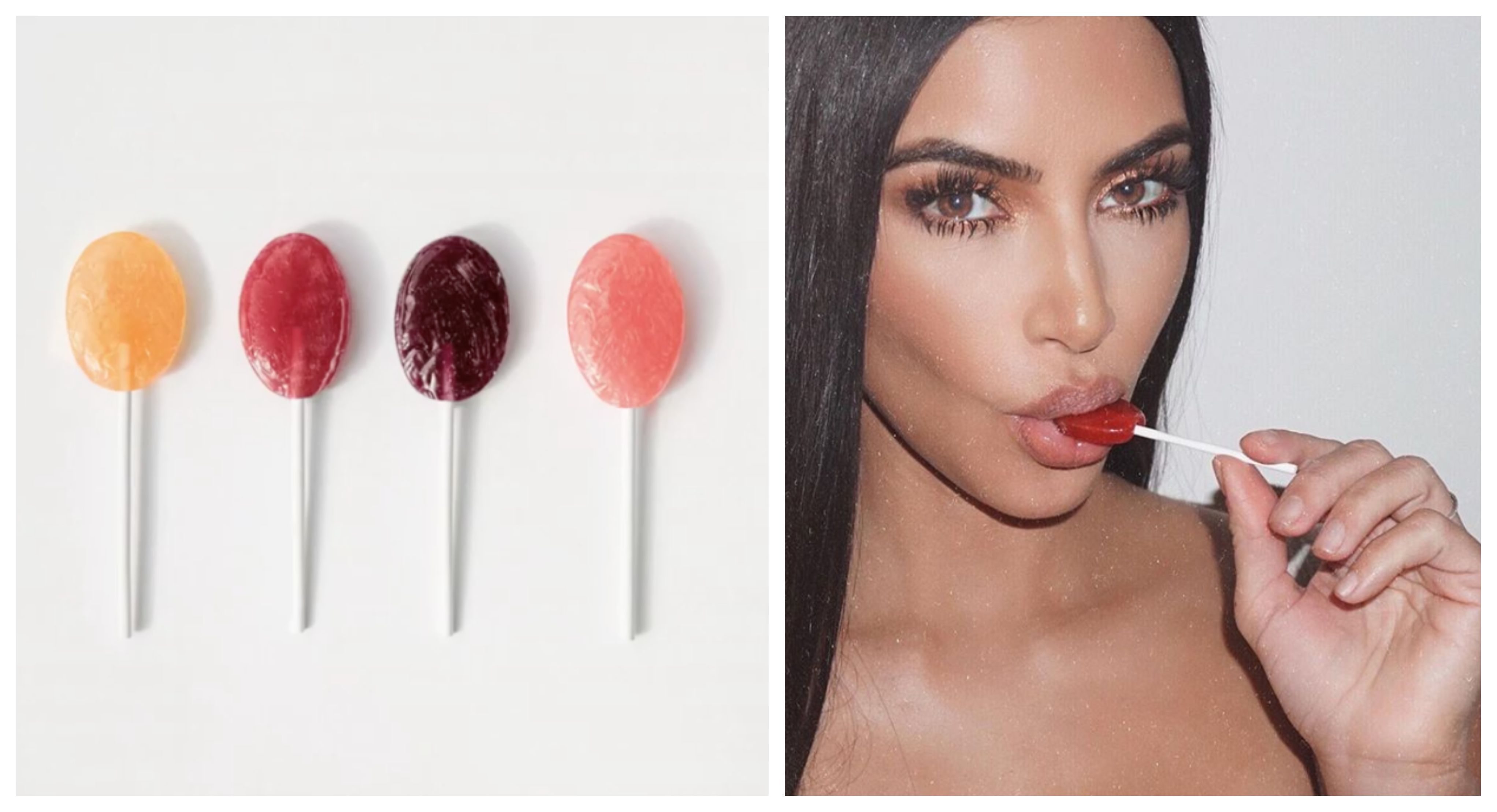Grace Allen covers the harmful trend of online influencers who advertise fast weight-loss diet products.
Instagram is one of the most used social media platforms in modern society. It allows everyone and anyone to upload pictures of anything they desire (as long as it conforms to the guidelines). This social freedom allows influential “Instagrammers” to post pictures that impact and encourage generations of people to consume these idolised celebrities’ looks and endorse in their false advertisements.
With 131 million followers, Kim Kardashian is one of the most followed celebrities on Instagram. From photogenic selfies to flawless paparazzi snaps, her page is permeated with an unrealistic body shape. Of course, it is important to uplift each other, especially in a world filled with injustice, but it is also essential that we construct a message that doesn’t damage self-esteem.
The Kardashians are arguably one of the most famous families in the beauty and fashion industry, and you would think their outward confessions about their own cosmetic surgery would inform the world that their body shapes are just a product of their money and their ability to “correct” their own insecurities. But, the aftermath of beauty and fitness advertisements to a young audience is not only detrimental to their self-esteem, but also their mental health. Last year, Kim posted an advert that condoned appetite suppression by eating a lollipop, even offering 15% off to the first 500 people that bought this item. She exploited this by coupling it with a provocative image of her sucking the lollipop hinting to the featured hashtag in her caption “#suckit”.
Professor Stephen Prowis, NHS medical director, states that “the risks of quick-fix weight loss outweigh the benefits, and advertising these products without a health warning is damaging.” When the product’s company ‘Flat Tummy Co’ put this item up for sale, they had a disclaimer that statements about the lollipops effectiveness when being taken if people have food cravings “have not been evaluated by the Food and Drug Administration.” By promoting a product that has not been medically authorised, Kim serves to threaten the mental health of many young people that associate her body type with these harmful products.

Stigma around mental health has become more apparent recently due to the amount of people utilising social platforms to share their experiences regarding their condition. This freedom of speech has actively supported people to help others understand the seriousness of their mental health. But in turn, it has also ignited negative responses, with some people suggesting mental health is an established set of symptoms which if you don’t conform to, then you can’t have a mental health condition.
Kim removed this advert shortly after it being posted due to it not complying with EU regulations, however the damage had been done. This post received around an astonishing 1.2 million likes and an additional 9000 comments, this post practically redefined this platform and her career as people now saw her as either insensitive or admirable. Furtherly, because Instagram permitted this harmful content, they are also to blame. Instagram is not just condoning the unhealthy advertising of health products but the deterioration of young minds.
This is not just an attack on the Kardashians as many influencers publicise food supplements and other harmful products without any real evidence on its after effects. Even so, no matter how many arguments are made for and against these products, the cycle of abuse will continue to perpetuate until Instagram and other social media websites reevaluate their regulations and stop these toxic fortifications.
Why are we not using our influences to inspire change for the better?
It is easy to say and even easier to type, but the mind conquers all; stay healthy and stay safe.
Grace Allen

